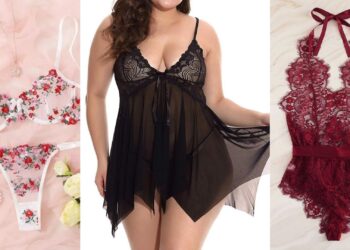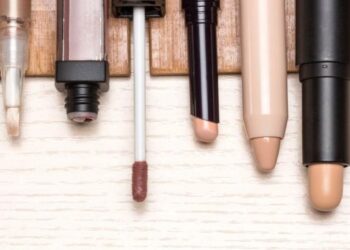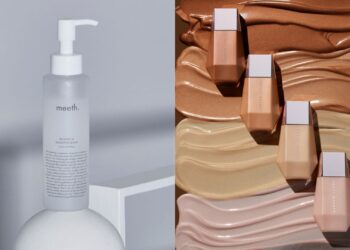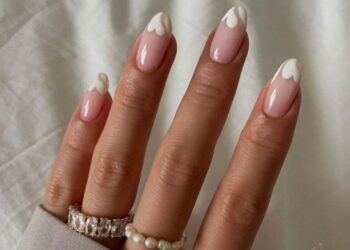Not everyone’s born with perfect skin that rarely ever breaks out. But many of us aren’t so lucky as we’re left with blackheads, zits and the worst of the lot, acne. Acne is a chronic, inflammatory condition that affects a particular type of pore or follicle know as the sebaceous follicle. The sebaceous follicles contain large oil glands, known as sebaceous glands that come with winding canals and a small thin hair. These follicles are most commonly found on the face, ears, neck, chest, back and upper arms, which is why acne occurs on the face, neck, back and shoulders.
Living with acne can be daunting. A lot of us would often feel embarrassed to even leave the house with a face ridden with acne. Acne is not only caused by hormones, or age and despite what you may have heard, chocolate and greasy foods isn’t really the reason why you have acne.
How Does Acne Form
Acne is mainly caused by the combination of bacteria on skin and clogged pores. Pores get clogged when the sebaceous glands produce more oil than usual.
How Does it Happen
Acne commonly occurs during your teenage years when the hormone levels increase the production of sebum. Sebum is a waxy residue from the pores to lubricate the hair and skin, and when too much of it is produced, it combines with dead skin cells to block the pores. If the pores are blocked halfway, blackheads form, and if they’re fully blocked, they are called whiteheads.
The reason why blackheads are black is due to oxidization and when impurities from the air. Bacteria grows in these blocked pores, thus causing what’s know as a pimple. However, if the pimple is deep in the skin, that’s deeper acne, and if not treated properly, it’ll leave scars.
How to Care for Acne-Prone Skin
1. Cleanse your skin daily with an antibacterial cleanser. However, if you have sensitive skin, opt for something mild instead.
2. Apply an acne treatment product on affected areas , not just the pimples. You’re more prone to develop acne on the T-zone, which starts from the entire forehead area, then down the nose to the chin, so apply the cream/gel around these areas during your facial regime.
3. Look for products that contain salicylic acid – it helps cleanse your pores of impurities.
4. When looking for makeup and skincare products, look for ones that are non-comedogenic, as they won’t irritate your skin as regular.
5. Seek the aid of a dermatologist to remove blackheads as they have ways to remove them without leaving a scar or infection.
6. Avoid touching your face often as they would leave traces of bacteria on your skin. If you have to touch your face, ensure it’s clean first.
7. Clean your pillowcase as often as you can and always use clean face towels, as fabric easily harbors bacteria and germs.
8. Don’t pick or pop your pimple when it isn’t necessary, as it’ll lead to more infections and scarring.
Do you suffer from acne? What do you do to keep them at bay? Share with us in our Forum.











